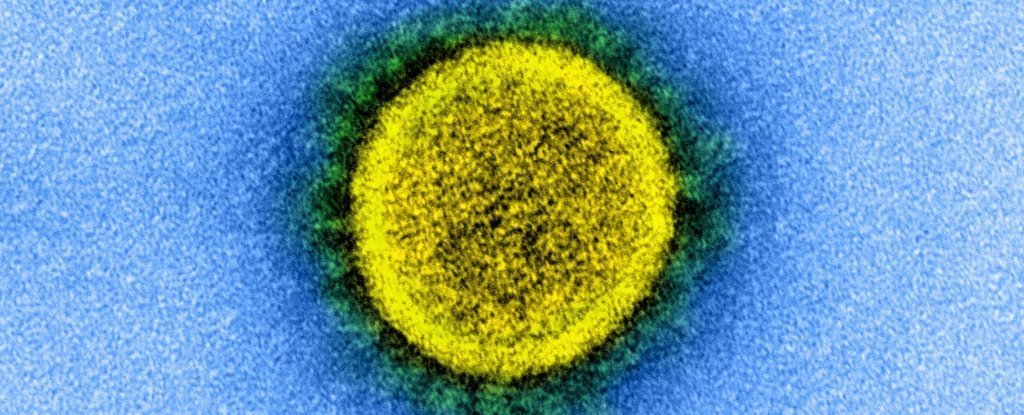According to one of the largest studies of its kind in Britain, reported Tuesday, the asymptomatic patients of coronavirus asymptomatic people seem to lose detectable antibodies earlier than patients who have experienced symptoms.
The results ofImperial College London they also suggest that the loss of antibodies, faster in asymptomatic people, is slower in young people aged 18-24 compared to people aged 75 and over. Overall, samples from hundreds of thousands of people across England between mid-June and late September showed that the prevalence of viral antibodies it fell by over a quarter.
Research commissioned by the UK government
The research, commissioned by the British government, indicates that people's immune response to COVID-19 declines over time following infection, especially in asymptomatic people. James Bethell, an undersecretary of health, called it “a fundamental element that helps us understand the nature of COVID-19 antibodies over time”.

But the scientists involved warned that much remains unknown about people's long-term antibody response to the virus.
It is not clear what level of immunity the antibodies provide or how long this immunity lasts
Paul Elliott, Imperial's School of Public Health.
The results
The study involved 365.000 randomly selected adults who administered three rounds of finger-prick tests for coronavirus antibodies at home between June 20 and September 28. The results showed that the number of people with antibodies decreased by 26,5% over a period of about three months, particularly rapidly in the asymptomatic. Climbed up to a national level, it meant that the proportion of the British population with antibodies dropped from 6,0% to 4,4%, according to the study.
The decline in antibodies coincides with the summer easing of the national lockdown. However, the research found that the number of healthcare workers testing positive for antibodies did not change over time, potentially reflecting repeated or higher initial exposure to the virus.
This very large study showed that the percentage of people with detectable antibodies is decreasing over time
Helen Ward, one of the lead authors of the study


